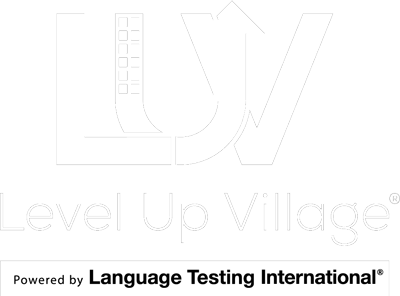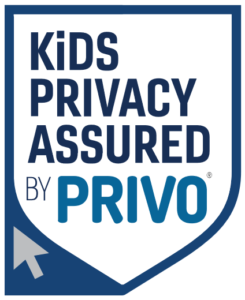By Susan Fushikoshi, Punahou School, Honolulu, Hawaii
“Clean water- it’s so precious! It’s our basic Need. Where does it come from? What can we do to keep it clean? Do we have water problems in Hawaii? How can I help someone who also has problems with their water?” Punahou 2nd graders in Honolulu, Hawaii started this inquiry about water and discovered the world!
The Level Up Village classroom opened the hearts and minds of these 7 and 8-year-olds to water problems and solutions across the globe. As Global Scientists these 2nd graders integrated so many core skills in language arts; reading through research and writing, social studies through geography, culture and social skills, science, design thinking, and SEL as they discussed empathy and thinking of others while learning about water issues in their own backyard. The 2nd graders then utilized their knowledge of filtration, evaporation, condensation and precipitation to build friendships while solving the water problems plaguing the lives of their new 5th grade friends at Groomsbridge Primary School in Harare, Zimbabwe halfway around the world!
The Punahou students, through children’s literature, the Level Up classroom resources and authentic research developed empathy toward children in dire conditions who wait in long water lines at borehole pumps or deal daily with contaminated water. How eye-opening this was for the children in Hawaii where water is clean, plentiful and easily accessible. It was a great way to step back and change their own habits, highlighting the importance of water conservation.
The Global Scientist curriculum allowed for the student-friendly, streamlined partnership between two very different groups of students and helped them discover that they were so much alike. Every week our students looked forward to creating and sending videos and hearing and seeing their partners’ videos. Practicing acts of respect, the students were excited about getting to know each other and sharing more about their mutual discoveries about water.
Design Thinking was so naturally built into the curriculum. The empathy phase in the design thinking cycle was the most impactful where students listened intently to their Zimbabwe partners while seeking clarification and creating ideation based on the water problems facing their friends. The prototype phase was the most intense where each student utilized their researched knowledge of water systems to intently focus on and build prototypes to solve their friends’ specific problems. After posting videos and explaining these individual water cleaning/water collecting prototypes, excitement mounted as our students waited for constructive feedback from their Zimbabwe friends. With open minds, students gladly anticipated adjustments to their prototypes to better solve their friends’ specific water needs. This proved to be a perfect and natural growth mindset opportunity.
As an educator, this program is exactly what I have dreamed of for several years. My hope was to develop a partnership with another class in a country and culture quite different from ours. The partnership would allow us to share the unique aspects of Hawaii and learn from students from afar all through interactions of purpose, peace, understanding and respect. This partnership would be centered around our mutual human need for clean water. Now it is actually happening thanks to Level Up Village! This program perfectly dovetails with our Aims of a Punahou Education to develop in each Punahou student the capacity for critical and creative thought, the skills for effective communication, interpersonal collaboration, quantitative reasoning, scientific inquiry and a global perspective.
As an educator of young children, it is my belief that the true foundations of global citizenship begin early on by looking at others through a lens of commonality, curiosity, and mutual respect. Global citizenship develops, through experiences like Global Scientists, authentic experiences that instill deep understandings of others through selfless collaborations toward the goal of creating a better world.




Great program! You need to continue to get the word out to more educators, particularly to early elementary to see what is possible with real learning and incorporating real children and real problems.
Hi Bonnie,
Thank you for your comment. Yes, I truly believe that global citizenship NEEDS to begin in early elementary. The foundational skills of seeing others through the lens of friendship and kindness needs to be shared. More exposure to differences as positives need to happen. Hope you are also sharing this wonderful program with students.
Comments are closed.